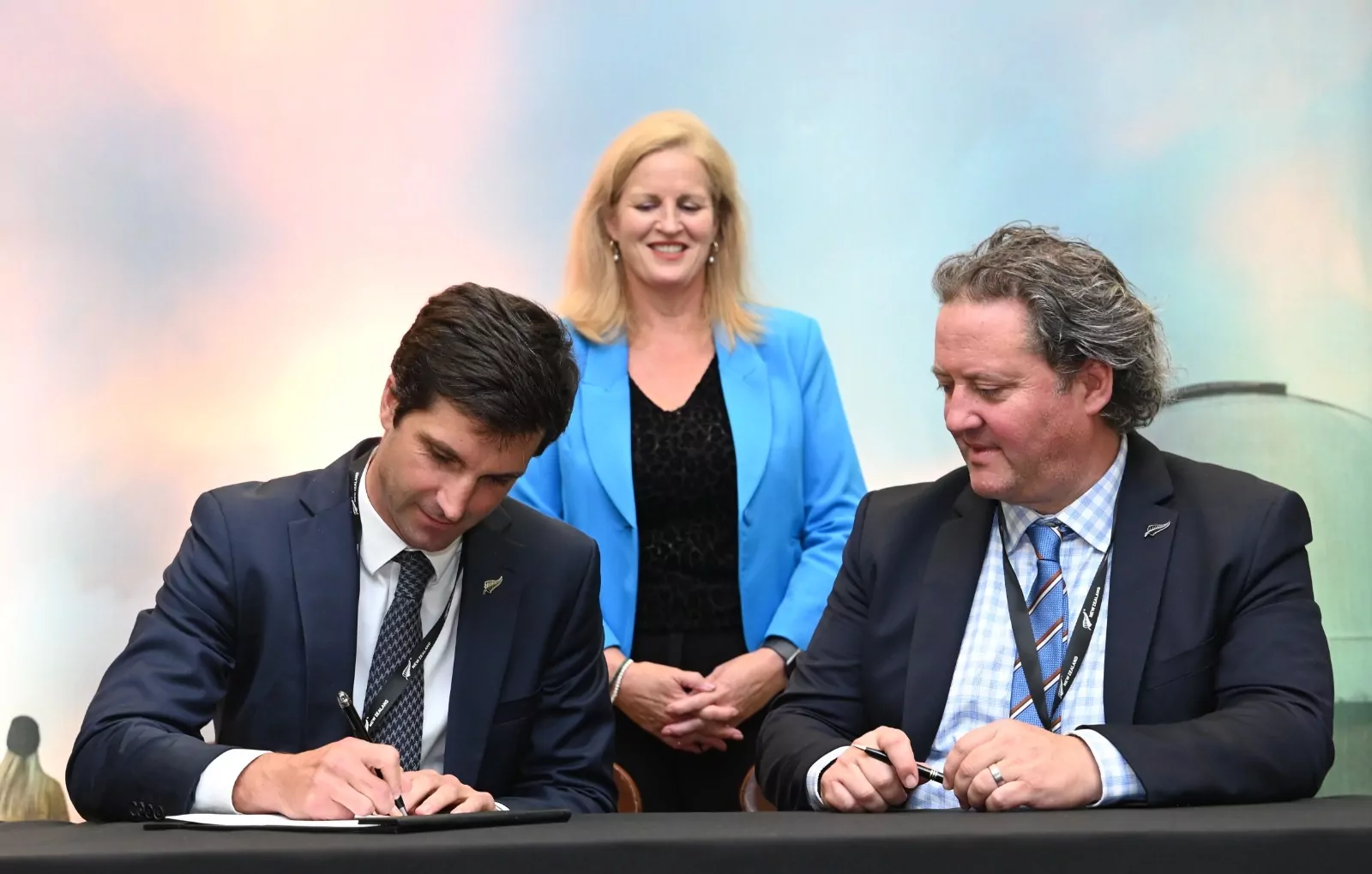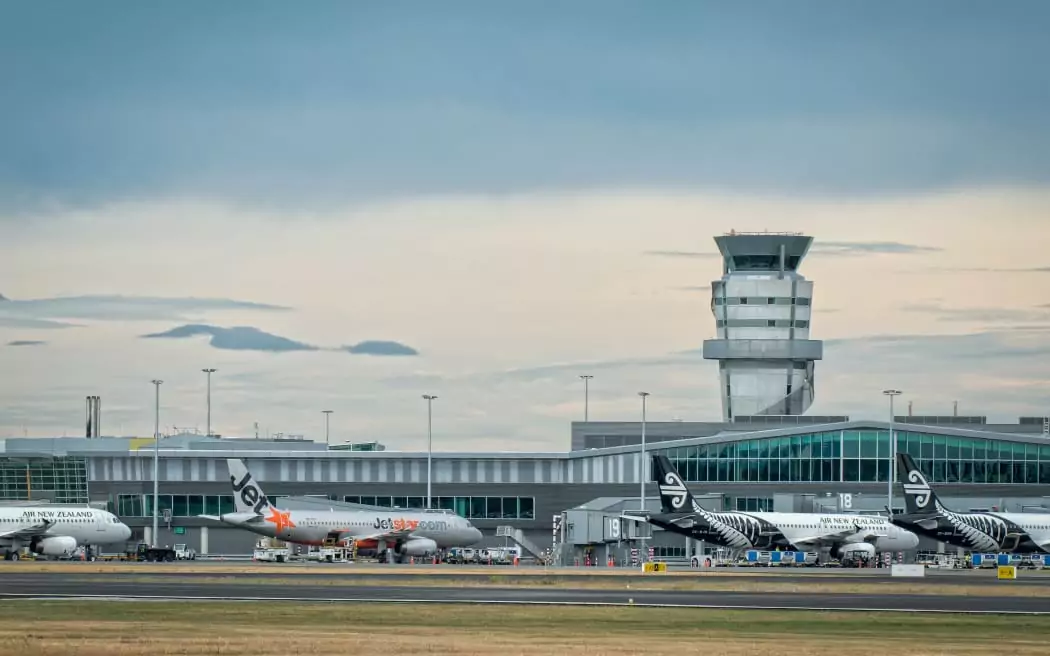New data released by Stats NZ showed that the unemployment rate increased from 4.3 percent in the March quarter to 4.6 percent in the June quarter.
Employers and Manufacturers Association Head of Advocacy, Alan McDonald, said the rate was always expected to climb as enquiries to its AdviceLine service about restructuring and redundancy reached record highs, and worse may be yet to come.
“Despite inflation falling and a growing expectation of an economic recovery with lower interest rates, these changes will take a long time to filter through the economy.
“The signs of an economic recovery are a decrease in unemployment, an increase in consumer spending, rising incomes, an increase in GDP, and improved business activity. We have yet to see any of these indicators.
“There are also several international headwinds that may further delay this expected recovery, including the upcoming US election and the threat of tariffs, which will have a huge effect on our exporters,” McDonald said.
“At the EMA, we’ve seen the evidence of the struggles facing Kiwi businesses, with the number of requests for help from our members in the areas of restructuring and redundancy skyrocketing this year.
“Our AdviceLine, which provides specialist employment advice to our members, has seen calls about restructuring and redundancy at their highest level for years in July.”
The AdviceLine received 163 calls on the topic in July, with the next highest period being 138 calls in March this year.
In addition, calls about 90-day trials have been high between May and July this year, indicating employers are being cautious in their hiring.
“Instead of increasing headcount, we expect businesses to upskill their existing staff in areas like health and safety and leadership courses while they wait for the economy to improve.
“However, the number of youth (15-24) not in employment, education, or training (NEET) is at 12.8%. This is an alarming statistic and suggests that job creation must be a priority for the Government in the coming months, particularly among our young people.”
McDonald said while inflation is beginning to fall, business conditions are likely to remain difficult for some time given interest rates are expected to remain elevated into 2025.
Labour finance spokeswoman Barbara Edmonds said, “Many economists predicted unemployment would rise, with the Treasury predicting it will still reach 5.3% this year. Yet the government has done nothing to support people into work or provide any certainty or confidence for the business community.
“The cancellation of large infrastructure works, including schools, hospitals, and public houses, has left the construction industry in limbo. Since the Government took office, the number of people working in construction has reduced by 6000, and residential building consents had an annual 36% drop in June. These people might still have a job if the Government had a plan for infrastructure.
“Yet instead of a plan to get the 21,000 people needing a hand to get off a benefit since they took office, National’s approach is to make getting that support harder. That’s despite way fewer new jobs available, with job ads having slumped 32% on an annual basis. Although the number of jobs in the economy increased in June, it is not enough to match the higher number of people looking for work.”









